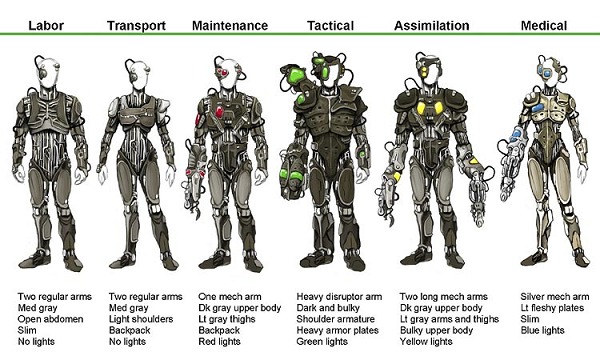In my last post about AI I briefly broke down a survey of Artificial and Machine Learnings ‘experts’. Rather then doing forensics of the survey I started at the very top, What is an ‘expert’?
In that survey experts were asked for their probabilities that we would get AI that was “able to accomplish every task better and more cheaply than human workers”. The experts thought on average there was a 50% chance of this happening by 2062 – and a 10% chance of it happening by 2026.
They were also asked by what year “for any occupation, machines could be built to carry out the task better and more cheaply than human workers”. The experts thought on average that there was a 50% chance of this happening by 2139, and a 20% chance of it happening by 2037.
The survery authors point out, these two questions are basically the same – they were put in just to test if there was any framing effect. The framing effect was apparently strong enough to shift the median date of strong human-level AI from 2062 to 2139. This makes it hard to argue AI experts actually have a strong opinion on this.
Also, these averages are deceptive. Several experts thought there was basically a 100% chance of strong AI by 2035; others thought there was only a 20% chance or less by 2100. This is less “AI experts have spoken and it will happen in 2062” and more “AI experts have spoken, and everything they say contradicts each other and quite often themselves”.
The next thing we can take from this paper is a timeline of what will happen when. The authors give a bunch of different tasks, jobs, and milestones, and ask the researchers when AI will be able to complete them. Average answers range from nearly fifty years off (for machines being able to do original high-level mathematical research) to only three years away (for machines achieving the venerable accomplishment of being able to outperform humans at Angry Birds). Along the way they’ll beat humans at poker (four years), writing high school essays (ten years), be able to outrun humans in a 5K foot race (12 years), and write a New York Times bestseller (26 years).
What do these AI researchers think is the hardest and most quintessentially human of the tasks listed, the one robots will have the most trouble doing because of its Olympian intellectual requirements? Who will be the last ones into the Borg?
Artifical Intelligence experts, 80 years. Of course
h/t Slate Star Codex
22Jun
Artificial Intelligence. Who goes into the Borg last?

